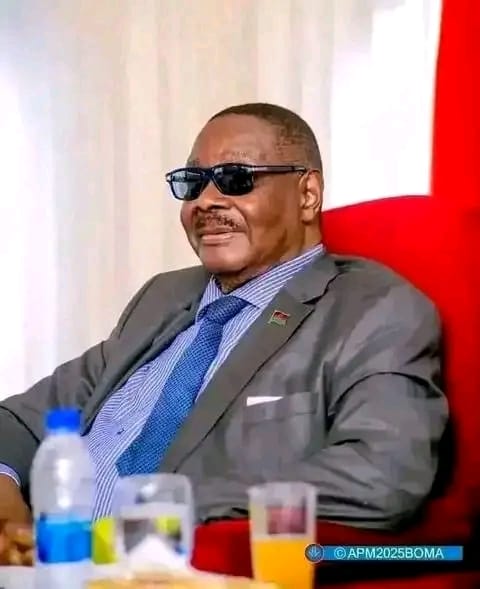By Burnett Munthali
Opinion polls are often a snapshot of the political mood at a particular moment in time.
The latest survey by the Institute of Public Opinion and Research (IPOR) shows Peter Mutharika of the Democratic Progressive Party (DPP) leading with 41 out of every 100 Malawians expressing their intention to vote for him.
Lazarus Chakwera of the Malawi Congress Party (MCP) follows with 31 out of every 100 respondents indicating support.
Dalitso Kabambe of the United Transformation Movement (UTM) secures 6 out of every 100 potential votes.
Atupele Muluzi of the United Democratic Front (UDF) garners support from 3 out of every 100 Malawians.
Former president Joyce Banda trails with only 2 out of every 100 voters signaling their choice.

While these figures suggest Mutharika is in the lead, they should not be mistaken for predictions of the actual election outcome.
The political landscape in Malawi is known for its fluidity, with alliances and coalitions often shifting voter dynamics at the last minute.
The Tonse Alliance in 2020 serves as a strong reminder that fragmented opposition votes can be consolidated into a winning force.
If parties such as the MCP, UTM, UDF, and People’s Party were to collaborate again, their combined support could rival or even surpass that of the DPP.
However, the feasibility of such alliances remains uncertain given current political tensions and leadership rivalries.
Another critical factor is voter turnout, which has historically fluctuated in Malawian elections.
Low participation can benefit parties with strong regional bases, while high turnout tends to favor broad-based coalitions.
The role of campaign strategies, messaging, and grassroots mobilization will also heavily influence whether these initial preferences hold until September.
Furthermore, opinion polls themselves are subject to limitations, including sample size, methodology, and timing, which can all affect accuracy.
They should therefore be treated as indicators of sentiment rather than forecasts of victory.
Conclusion
The IPOR survey underscores the importance of unity, strategy, and turnout in determining Malawi’s next leader.
While Peter Mutharika currently appears to have the edge, the fragmented opposition still has the potential to mount a strong challenge.
Ultimately, the September 2025 elections will not be decided by opinion polls but by how effectively parties mobilize their supporters, build coalitions, and inspire citizens to cast their vote.



